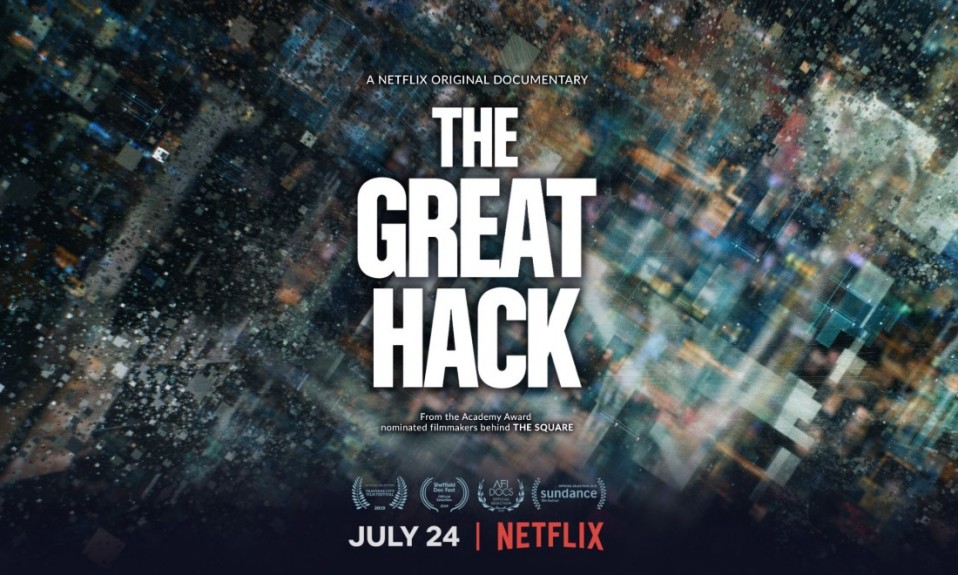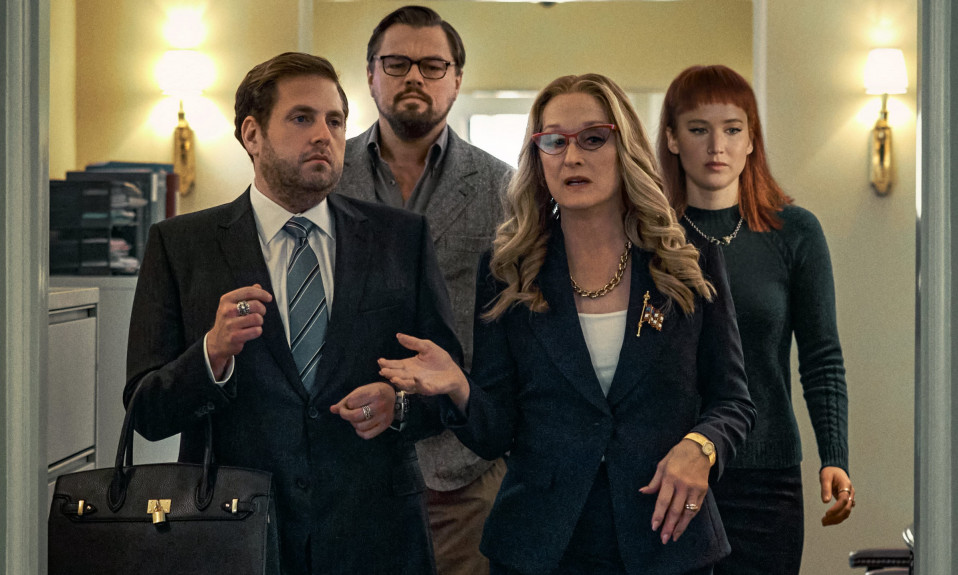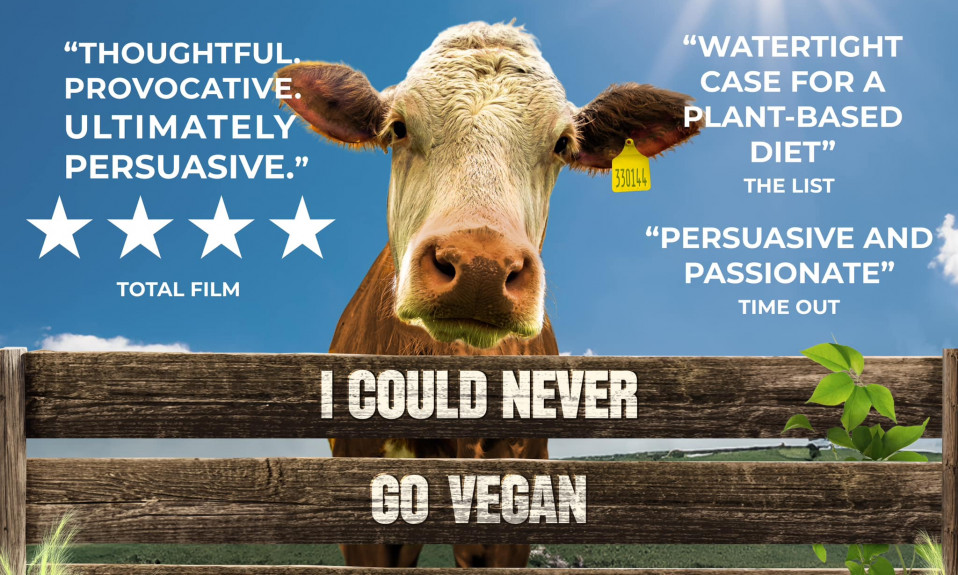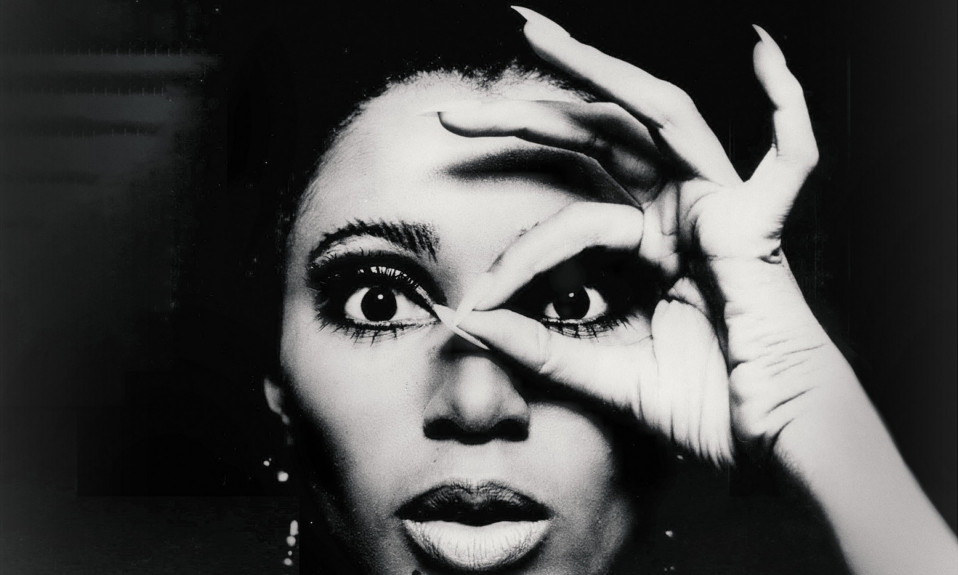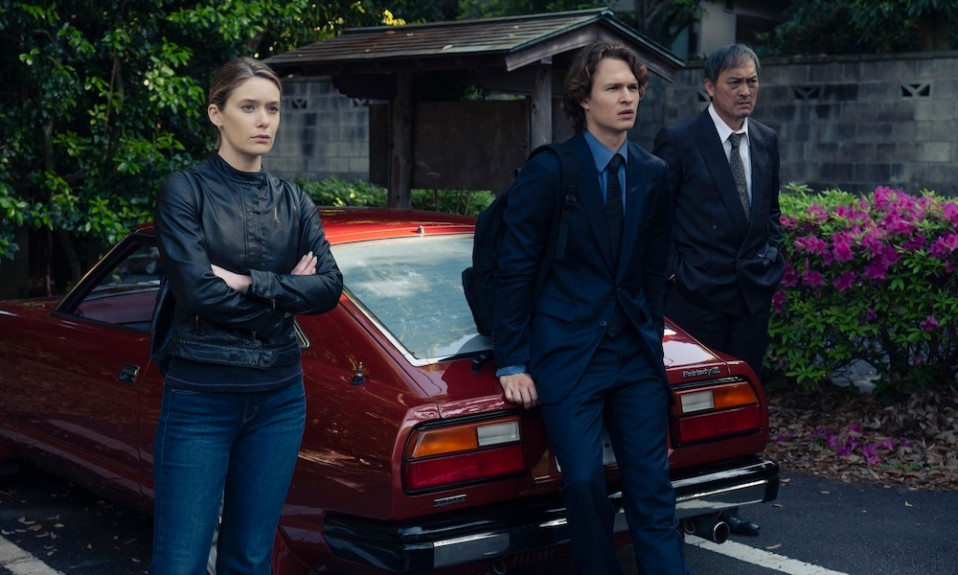The idea of everyone being connected by the internet once had positive connotations. The films that showed the supposed dangers of the digital world like The Matrix seemed so preposterous. But in a post-Edward Snowden and Wikileaks world, the dangers of the internet are now all too real.
There have been several documentaries in recent years about the acquisition of private information online and today we are going to be looking at Netflix’s newest offering to this particular subject, The Great Hack.
Synopsis
Cambridge Analytica was at the centre of several world-altering campaigns in the last few years. Leave.EU in the UK Brexit debate and the Donald Trump Presidential campaign in the USA. But while they had a huge impact on these campaigns, their methods were far more nefarious. Analytica harvested personal information from thousands of Facebook users, without their consent, and then used this to create targeted marketing.
The film follows several people involved in the unravelling of the CA scandal. Including David Carroll, who sued CA to get back the data CA had on him. Former CA employees such as Brittany Kaiser who have decided to blow the whistle on the company. And journalist Carol Cadwalladr.
What did I like?
There are two things that The Great Hack does very well. The first is the way it uses graphics and montages. Throughout the film, graphics are used to impart/illustrate information quickly in a way that doesn’t intrude on the action. And along with graphics the film also uses montages of websites and news stories to give a sense of mood. The montage of various targeted Facebook adverts showing how CA was able to manipulate how people see the world and the use of small square particles to indicate the passage of online info, effectively illustrates how much of our personal daily life is part of and reliant on the internet. Making the points made about CA more threatening.
The second positive is the presentation of the emotional arc of one of the principal participants, Brittany Kaiser. Kaiser, once a key player inside Cambridge Analytica, later came forward with information about how CA conducted their operations. The presentation of her arc from an idealist working on the Obama campaign to being part of the unethical practices of CA is fascinating. Because her motivations are so human. She switched sides in political marketing because she needed money to support herself, which the Obama campaign apparently would not give her. She enjoyed working with who she worked with, so she didn’t see all the negative implications that we can see as outsiders. But she admits her flaws and in the end, stands up for everyone’s right to privacy. Honestly, the film owes much of its success to Kaiser’s inclusion.
However, this leads me into The Great Hack’s problems.
What did I not like?
The Great Hacks first major problem is its pacing. The films key arguments: The dangers of companies using personal information to target you with marketing on social media; Our overreliance on the internet & What CA was up to and how it impacted the world. Are all covered within the first hour. The film then spends another hour repeating the same points. And it begins to get frustrating. This wouldn’t be so bad if the film employed new ways to engage us. But the camerawork is standard, the music is unengaging and the visual flourishes are too infrequent.
Secondly, because the documentary focuses on peoples journeys with CA, it’s critical to get the audience on side with the participants. But Kaiser is the only participant who manages to engage with the audience because she acts like a normal person. Carol Cadwalladr isn’t given enough screentime for us to care about her involvement. And David Carroll, who blatantly tells the audience, that companies having access to private information without consent is bad as if we didn’t already know, projects a very condescending attitude. Which is nothing but off-putting. Not helped when he consistently takes jabs at Kaiser.
There is also a problem with some points being over and underexplained. It expects you to already subscribe to the belief that Trump and Brexit were a bad idea, without giving any contextual information. But they spend an inordinate amount of time talking how information is gathered online and the dangers it poses to privacy. Something that is common knowledge by this point.
Finally, The Great Hack appears to argue that the Trump and Brexit campaigns were wholly won by targeted social media. Ignoring the larger issues of social division and the growing disillusionment with so-called experts and politicians. Electing to solely focus on technology as the purveyor of misfortune. Which seems a little reductive of a complicated issue.
Verdict
Overall while The Great Hack does have some minor visual flair and one incredibly well-told arc, it’s not enough to carry the film. Perhaps as an hour-long TV special it would have faired better. The stripped-down, just the facts version of the story would have been at least novel as a piece of unfolding news.
But as a film, The Great Hack is severely sloppy as it drags its points out and operates from a condescending and in some ways reductive viewpoint, that ultimately will leave most viewers either cold or frustrated.
Verdict:  (2 / 5)
(2 / 5)
Also Read: Five Documentaries To Watch On Netflix


